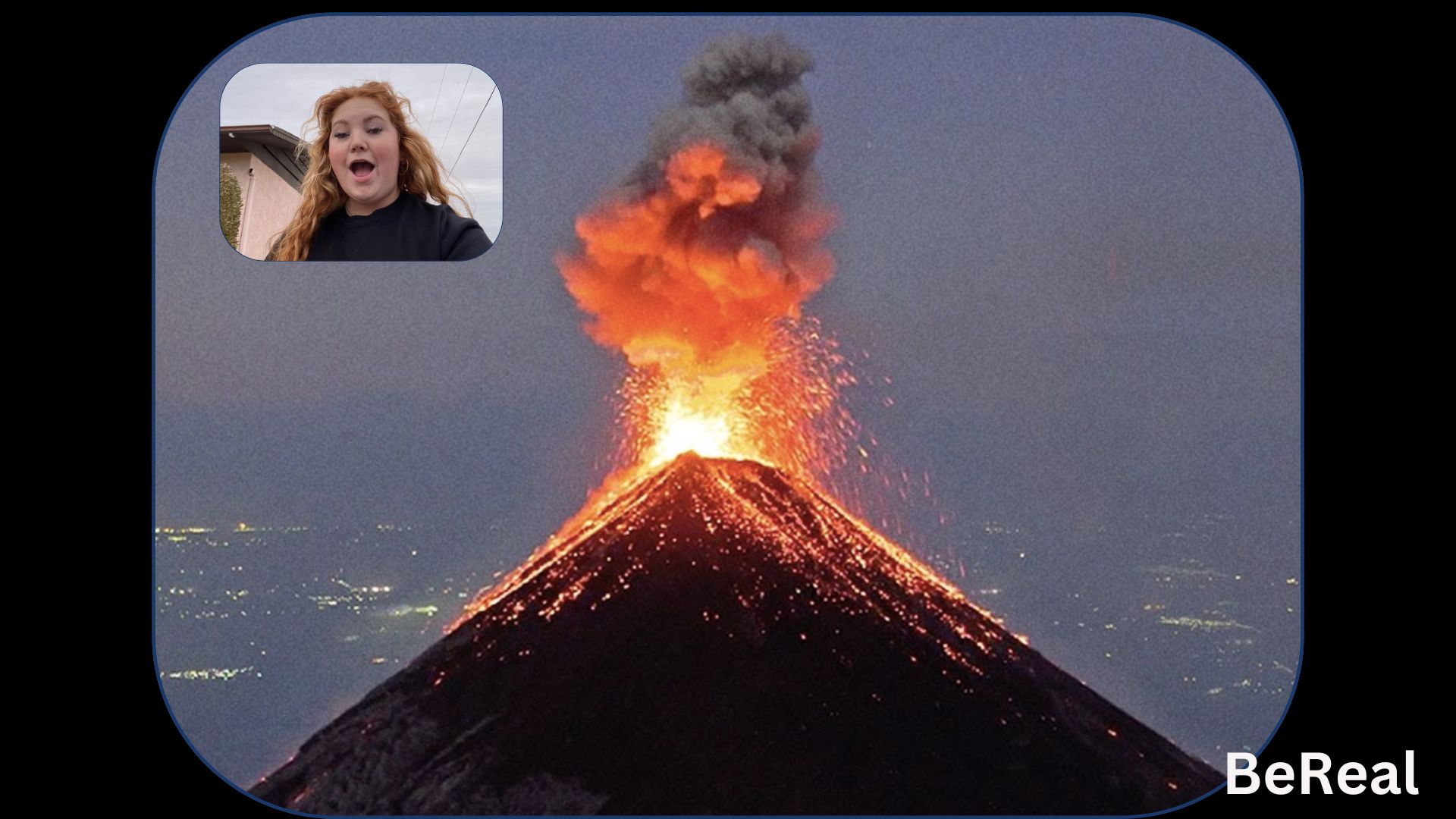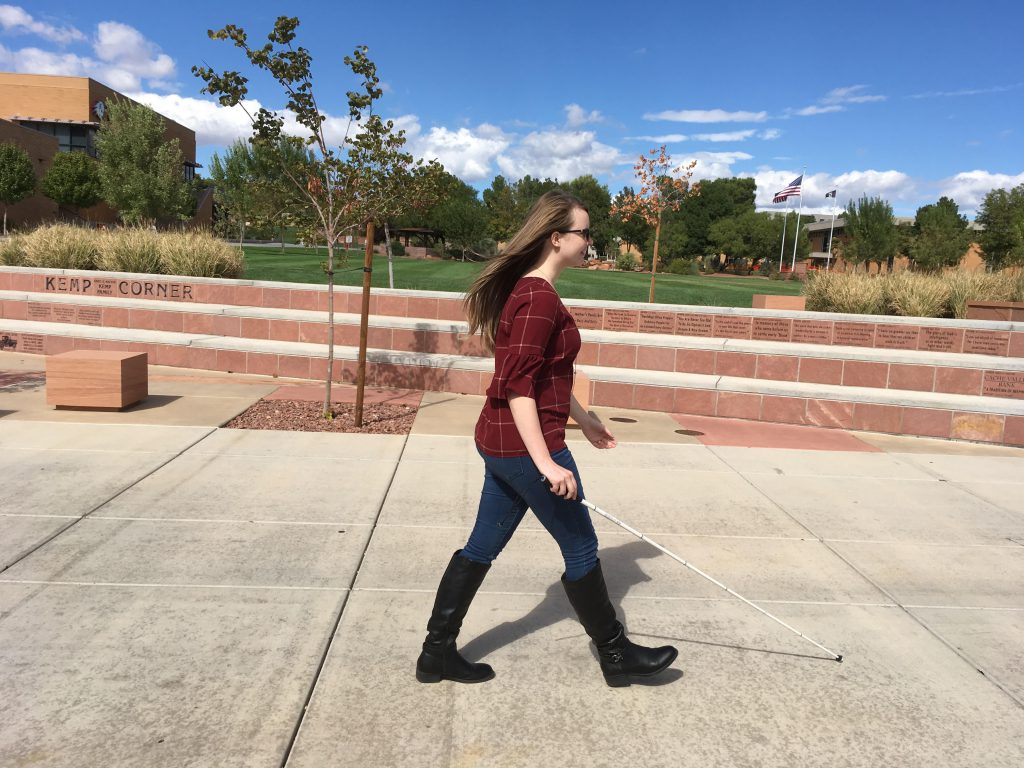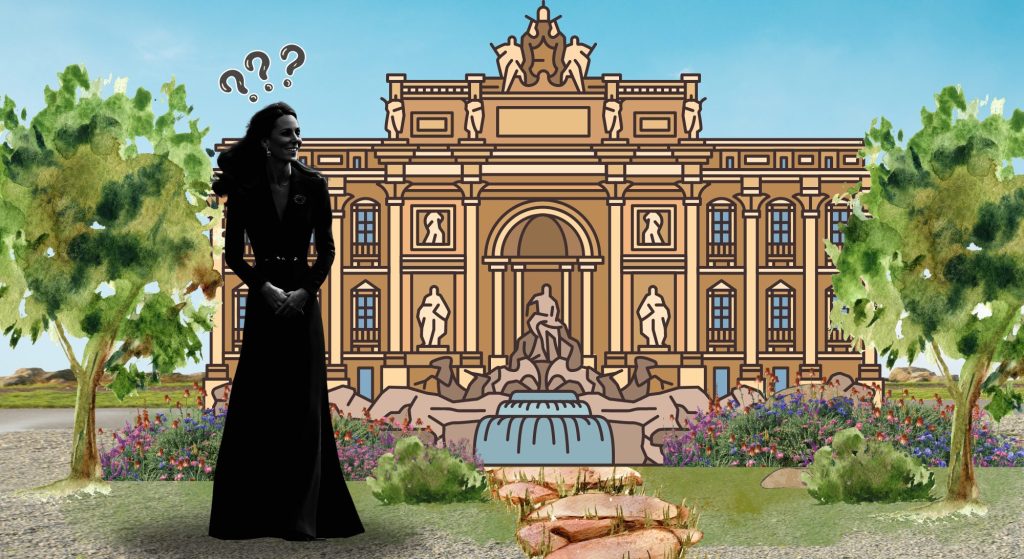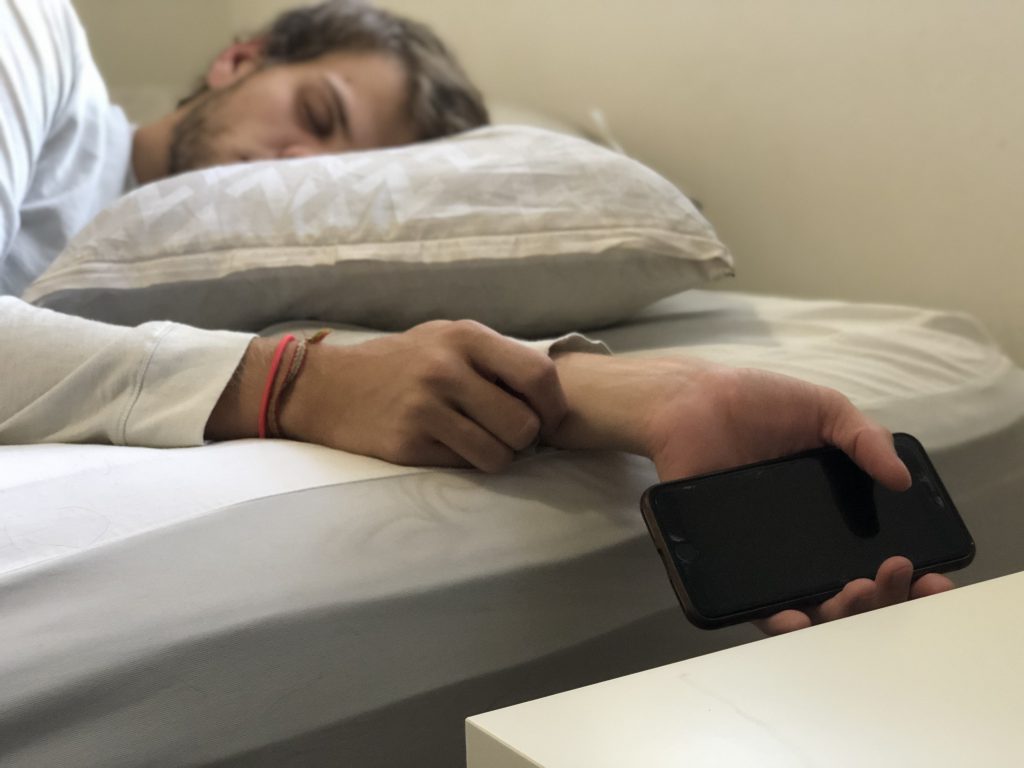BeReal, a social media app created in 2020, does exactly the opposite of what its name promotes: be real.
Here’s how it works: users are notified once a day by the app to take two photos; one using the front camera and one using the back camera.

While people may have started using it correctly at the beginning, that trend quickly went down the drain. The app is all about being authentic on social media, but when does that ever happen?
BeReal isn’t used the way it’s supposed to be used. Instead of showing their authentic lives, people wait to create a more exciting and appealing version of themselves. Users are taking advantage of its purpose by doing this.
While the app notifies a user’s friends if they are late to posting, people still wait until a more exciting part of their day to post. If the app were used correctly, it would show it’s OK not to have an exciting life all the time. But, as always with social media, people don’t follow the rules.
When scrolling through any social media app, we’re sure to see a barrage of photoshopped and unrealistic pictures. BeReal tried to combat that by “forcing” people to take authentic photos at random times throughout the day. Authenticity is something we’ve never experienced on social media, and while the creators of BeReal tried their best, it didn’t work out.
According to Civic Science, 34% of 689 people thought it really is authentic. In the same survey, the question was asked, “How much would you say your social media accurately reflects your day-to-day life?” An astounding 54% of people selected “Not at all.” When it comes to that, the creators of BeReal had a good idea; not allowing users to edit their photos.
Because users can’t edit their photos and only have two minutes to take their photos, it leads to fewer posed selfies and more real ones; however, people still find the loopholes.
With excuses like “I didn’t have my phone with me when I got the notification” and “I couldn’t take a picture while I was there,” it makes it easy to justify taking the photos late and therefore, getting a better moment on camera.
In doing so, this will eventually take a toll on user’s mental health. When someone is constantly seeing a stream of exciting pictures from their friends that theirs don’t match, it’s easy to think they’ve got a boring life compared to others. It will end up just like other social media apps with users only showing off the best parts of themselves while hiding the “boring” parts.
With the feeling of realness BeReal creates, taking photos late and having exciting moments caught on camera make the user’s day-to-day life seem much more exciting than it really is. Seeing those kinds of pictures every day spark comparison between users. For someone who uses the app correctly and takes their pictures on-time, they may feel lesser than those who stage their exciting pictures because they aren’t doing something fun or adventurous every day.
According to an article by Mustang News, the writer said: “Social media norms have caused its users to compare themselves to the posts they see. People just aren’t used to being completely honest on their social media; we aren’t used to sharing our boring moments.”
No, we aren’t used to sharing our boring moments, but that’s the entire point of the BeReal app. Once people started using it incorrectly, the app became pointless. What started as something new and different turned into every other social media app: fake.
Social media is an inevitable source of insecurity. BeReal isn’t any different; if anything it’s worse because the app is centered around authenticity and being real. Knowing the pictures are meant to show the real lives of its users makes it easier to compare and become insecure about their own pictures.
Use the app how it was meant to be used. Not everything about our online lives needs to be fake.




